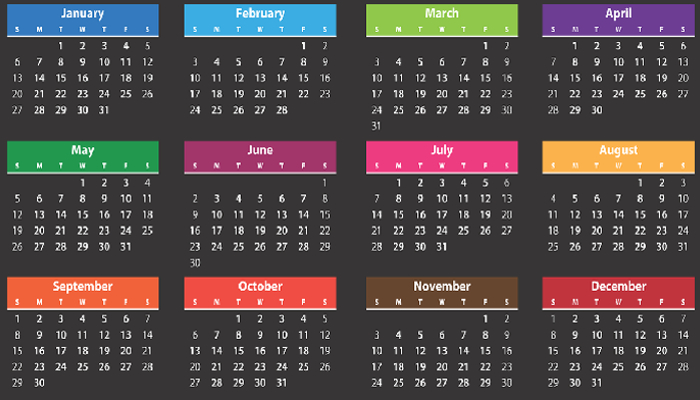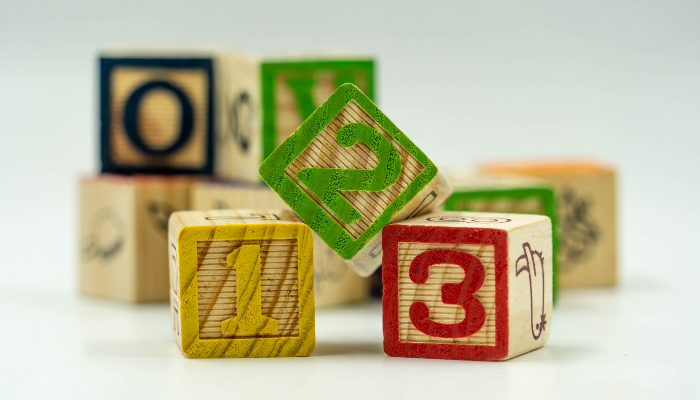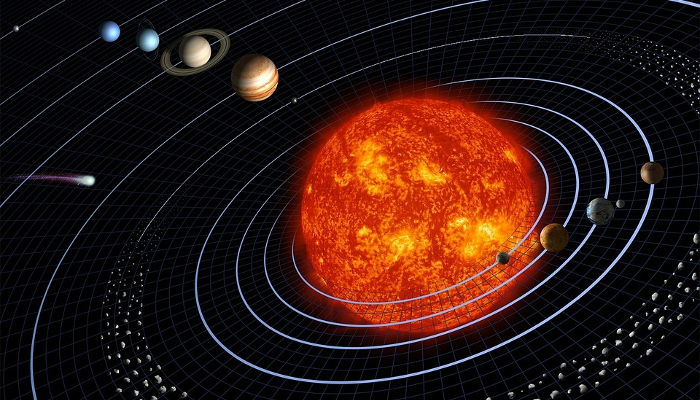Calendars
Where can I find information about calendars?
(Years 5-8)

Calendar 2019 Agenda Schedule Plan Appointment by 905513 on pixabay.
Entry last updated: 13/01/25
Introduction
Calendars are a way of dividing and measuring time into manageable pieces. Calendars start with small units building into larger units, days, months, years. Calendars are used to track the sun and moon's cycles.
Types of calendars
Over history there have been many different calendars used by different cultures as a way to track time and provide routine. Various calendars have been based on seasonal variations, tracking the sun and moon and other stars. Here is a list of the more well known calendars.
Gregorian - currently used.
Julian - used before the Gregorian calendar.
Jewish - linked to the sun and moon.
Muslim - follows the moon.
Chinese - linked to the sun and moon.
Mayan - worked on 365 days as part of a 52 year cycle.
Aztec - worked on 365 days as part of a 52 year cycle.
French Republican - used 1793-1805. Had 365 days divided into 12 months of 3 weeks, 10 days each with 5 holidays at the end.
Perpetual - a calendar that is valid for many years. You can use it to calculate any given day of the month for a year.
History
To get an overview of how calendars developed over time, check out the following websites.
Britannica School is one of the EPIC databases. EPIC is a collection of reliable databases covering lots of different topics. It’s put together especially for New Zealand school students and helps to answer questions like this.
The Britannica article gives a good account of some different types of calendars and how months, weeks and days came about.
Type the keyword 'calendar' into the search box.
Select the calendar article.
You can select the reading level at the top of the article.
Tips: Search words, or keywords, are the most important words in our question. Usually it’s better to leave out small words like ‘the’, ‘a’ and ‘of’ and just choose the main ones, e.g [calendar]. We can always change our keywords or add more if we need to.
Tips: To get to the EPIC resources you may need a password from your school librarian first. Or you can chat with one of our AnyQuestions librarians and they will help you online. Some EPIC databases may also be available through your public library.
The History World website has a number of narratives and timelines describing the history of the world. This website has an overview of the different calendars used by different societies over the years.
Type the keyword 'calendar' into the search box.
Select the History of the calendar article.
At the top left of the page are shortcuts to information about different calendars eg Julian and Mayan calendars.
Tips: Some websites have advertisements (or ads) which ask us to buy something or tell us to ‘click here’. It’s best to ignore these ads and focus on the information we’re looking for.
Days, months and years
Here are some websites that have great information about days, months and years.
This site offers straight forward explanations about time and date.
Select the Measurement box.
Scroll down to the heading Time and Date.
You'll find a number of useful links here eg Introduction to Days, Weeks, Months and Years.
Tips: Websites that have .com or .co in the address can have good information, but you need to assess how reliable it is. Check the About link on the website, if you can find one. That can tell you what the company’s mission and values are.
Calendars through the ages is a web exhibit featuring many articles about calendars. It has technical details about years and months, and detailed information about the week.
Go to the Our Week heading.
Follow the links to further information about aspects of the week e.g What Is the Origin of the 7-Day Week?.
Also clicking on the Years & Months heading will take you to information about years.
Books
Days, week, and months by Margaret Joy, Juliet Renny.
What time is it by A. G. Smith.
SCIS no: 1905044



